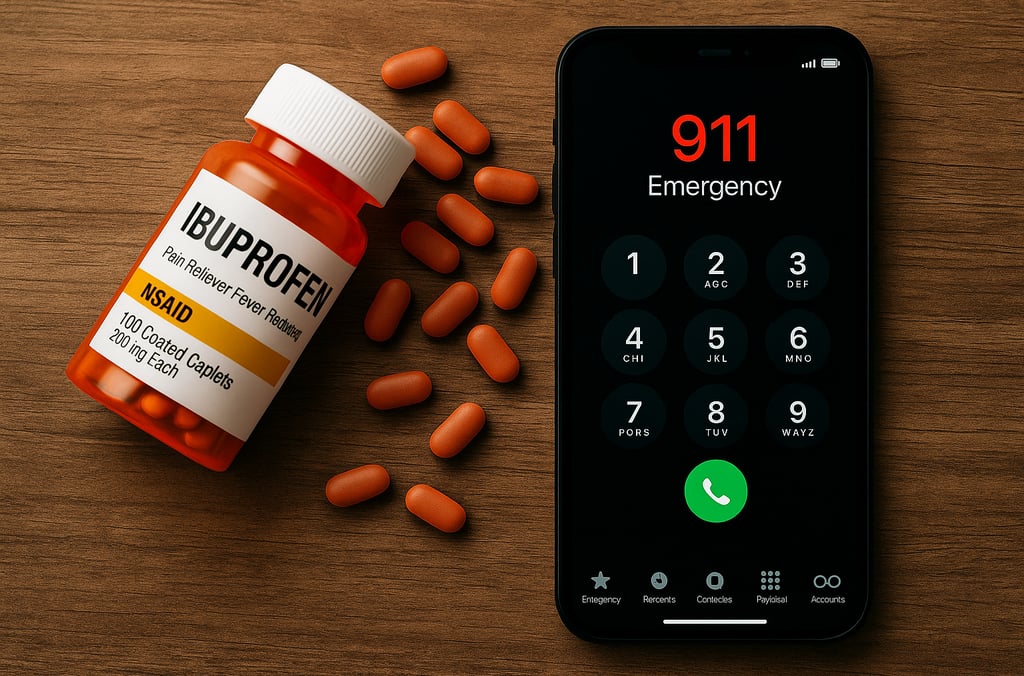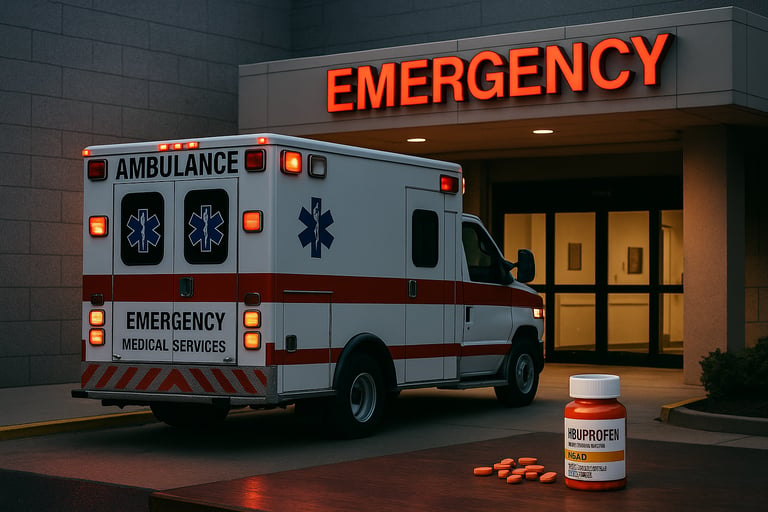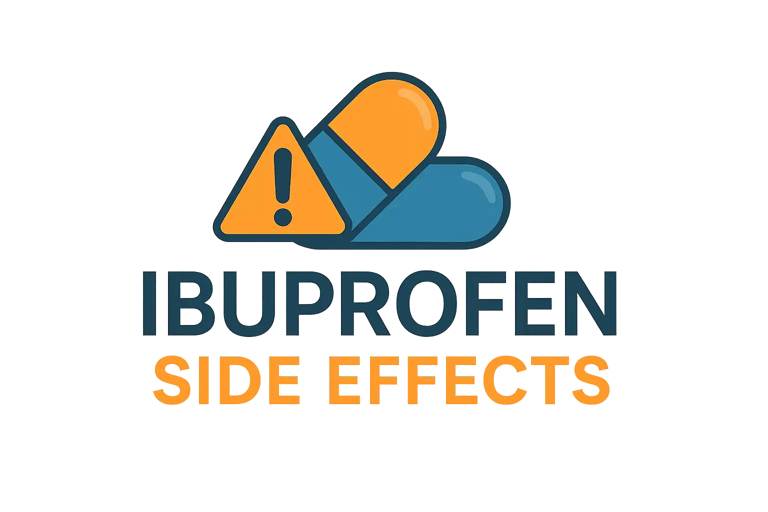Ibuprofen Overdose: Warning Signs and What to Do
Learn the warning signs of an ibuprofen overdose, how much is too much, and what to do if it happens. Stay safe with proper dosage and quick action.


Ibuprofen Overdose: Warning Signs and What to Do
Ibuprofen is one of the most common over-the-counter pain relievers, but taking too much can quickly become dangerous. Whether by accident or on purpose, an ibuprofen overdose can damage your stomach, kidneys, and nervous system, and in severe cases, it can be life-threatening.
Understanding the warning signs of overdose and knowing when to seek help could save your life or the life of someone you care about.
How Much Ibuprofen Is Too Much?
For most adults, the maximum safe daily dose of ibuprofen is 1,200 mg over-the-counter, or up to 3,200 mg with a doctor’s prescription. Children’s doses of Ibuprofen are based on body weight and should only be given using pediatric formulations.
Taking more than these amounts, or combining doses too close together, raises the risk of an overdose.
Warning Signs of Ibuprofen Overdose
Overdose symptoms may start within hours of taking too much ibuprofen. Some are mild, but others can quickly become dangerous.
Here are the things to watch out for:
Severe stomach pain, nausea, or vomiting (sometimes with blood)
Black or tarry stools, which signal gastrointestinal bleeding
Dizziness, confusion, or drowsiness
Ringing in the ears (tinnitus)
Difficulty breathing
Seizures or loss of consciousness in severe cases
What to Do if You Suspect an Overdose
An ibuprofen overdose is a medical emergency. Here’s what to do immediately:
1. Call emergency services (911 in the U.S.) if the person is unconscious, has trouble breathing, or shows severe symptoms.
2. Contact Poison Control right away for guidance (in the U.S., dial 1-800-222-1222).
3. Do not wait for symptoms to get worse — internal damage can begin before you notice the signs.
Treatment may include activated charcoal (to absorb the medication), IV fluids, or hospital monitoring of kidney and liver function.
How to Prevent Ibuprofen Overdose
Always follow the instructions on the label.
Use the lowest effective dose for the shortest time needed.
Don’t mix ibuprofen with other NSAIDs (aspirin, naproxen) unless your doctor advises it.
Avoid alcohol while taking ibuprofen, as it increases stomach and liver risks.
Keep all medications out of children’s reach.
Final Takeaway
An ibuprofen overdose can range from painful to life-threatening. Knowing the safe dose limits, recognizing the warning signs, and seeking immediate medical help are the keys to preventing serious harm. If you’re ever unsure about how much ibuprofen is safe for you, talk with your healthcare provider.




